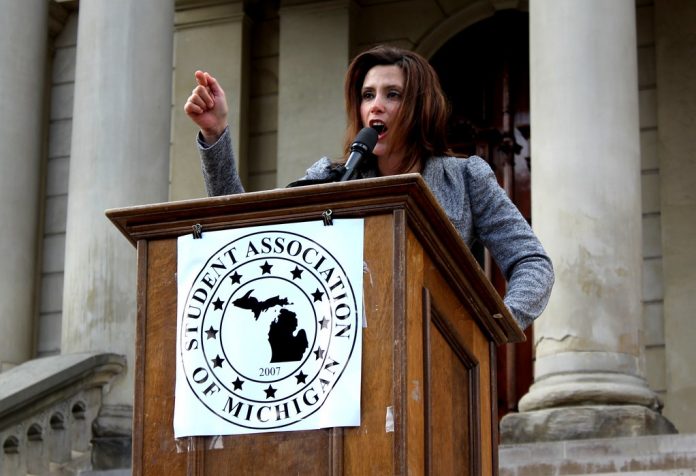(The Center Square) – Michigan lawmakers and government departments recently have approved nearly $590 million for four electric vehicle projects in the state.
The largest was March 15, when the House Appropriations Committee approved $585 million of transfers to three Michigan electric vehicle battery facilities. The Department of Environment, Great Lakes, and Energy approved $3 million to convert a Mackinac Island Ferry from diesel to electric. the previous Friday.
All 16 Democratic members of the Appropriations Committee voted to approve the transfers. They include $210 million for Ford Motor Company’s proposed BlueOval battery plant in Marshall; $200 million for Our Next Energy’s plant in Van Buren Township; and $175 million for Gotion Inc.’s proposed plant in Mecosta County. Twelve Republican committee members voted against the transfers.
The $210 million BlueOval transfer is in addition to a $772 million tax break over the next 15 years, a $36 million loan from the Marshall Area Economic Alliance, and another $630 million included in a bill signed by Democratic Gov. Gretchen Whitmer. Ford estimates BlueOval will cost $3.5 billion to build, and says the plant will create 2,500 jobs.
Our Next Energy’s $200 million transfer is in addition to a $21.7 million tax exemption and $15 loan from the state for the Van Buren Township facility. The company says will cost $1.6 billion to build and create 2,100 jobs.
China-based Gotion plans to build a $2.4 billion electric vehicle battery plant near Big Rapids, which it says will create 2,350 jobs. The $175 million approved by the House Appropriations Committee includes a $125 million grant to the company and another $50 million for a Michigan-based economic development organization based in Grand Rapids. The state previously approved a 30-year tax break for Gotion valued at $540 million.
“We are continuing to make investments to lead the future of mobility and electrification, so we can grow our economy, create good-paying jobs, and lower energy costs for families and businesses,” Whitmer said in a statement. “Our mobility leadership must extend from electric cars and buses on the road to industrial power and watercraft, too.
“Converting a ferry in the Mackinac fleet to electric will build on our clean-energy leadership and help us achieve the goals of the MI Healthy Climate Plan to make our state carbon-neutral by 2050. The budget I put forward includes several investments in this space, and today’s ferry grant is another step forward as we build a brighter future for Michigan.”
A news release from the Department of Environment, Great Lakes, and Energy says the $3 million grant will cover half the cost of converting the two diesel engines to electric, including the installation of a 1.5 megawatt power infrastructure facility in Mackinaw City. This is the first ferry to undergo electric-power conversion, but the plan eventually is to convert 28 ferries in total.
A Detroit Regional Chamber statewide poll released earlier this month concluded 46% of Michigan voters support the electric vehicle transition while 44% of respondents oppose it – with 33% of respondents saying they strongly oppose.
Bruce Walker is a regional editor at The Center Square. He previously worked as editor at the Mackinac Center for Public Policy’s MichiganScience magazine and The Heartland Institute’s InfoTech & Telecom News.
Originally published by The Center Square. Republished with permission.
For more on Michigan energy policy, click here.


























